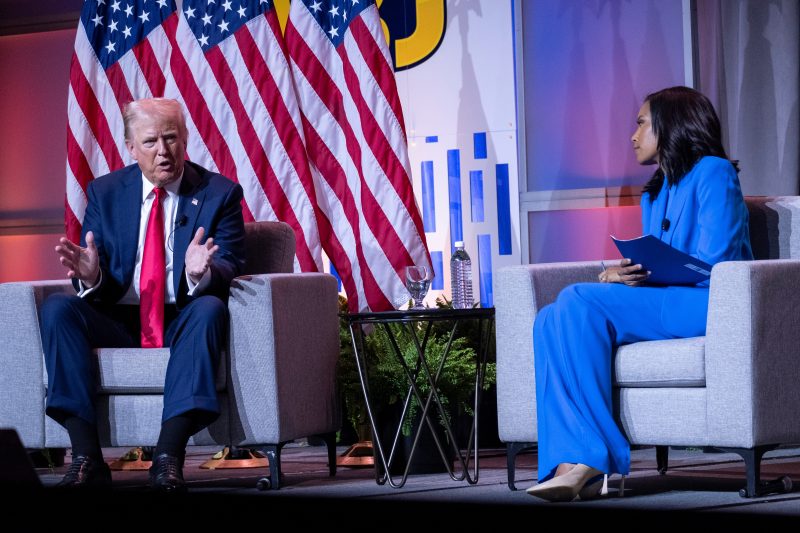
Trump’s Recklessness Returns to Haunt Forgetful Senate Republicans
In recent political rumblings, Senate Republicans have found themselves grappling with the consequences of their support for former President Donald Trump amid growing scrutiny over his alleged recklessness and its lasting impact on the party.
The fallout from the events of January 6, when a violent mob of Trump supporters stormed the Capitol in an attempt to thwart the certification of Joe Biden’s election victory, has left many Republicans facing a reckoning over their role in perpetuating Trump’s baseless claims of election fraud and divisive rhetoric.
Despite initially distancing themselves from Trump in the wake of the insurrection, Senate Republicans are now being forced to confront the reality that their continued loyalty to the former President may have long-term repercussions on the party’s image and electoral prospects.
The GOP’s embrace of Trump’s brand of politics, characterized by a disregard for democratic norms and a willingness to challenge the legitimacy of the electoral process, has alienated moderate voters and emboldened far-right elements within the party, posing a significant challenge to its efforts to rebuild and expand its base.
Moreover, Trump’s penchant for incendiary rhetoric and erratic behavior has often overshadowed the policy achievements of his administration, making it difficult for Republicans to focus on substantive issues and present a coherent message to the electorate.
While some Senate Republicans have attempted to distance themselves from Trump in an effort to project a more pragmatic and moderate image, others have doubled down on their support for the former President, viewing him as a key ally in their quest to maintain control of the party and fend off challenges from more centrist elements.
The divide within the GOP over Trump’s legacy and influence reflects broader tensions within the party between its establishment wing and its more populist and nationalist factions, highlighting the challenges facing Republicans as they seek to navigate a post-Trump landscape and redefine their identity and priorities.
Ultimately, the backlash against Senate Republicans for their association with Trump underscores the enduring impact of his presidency on the party and the need for Republicans to reckon with the consequences of their support for a leader whose actions and rhetoric have divided the nation and tested the foundations of American democracy.
